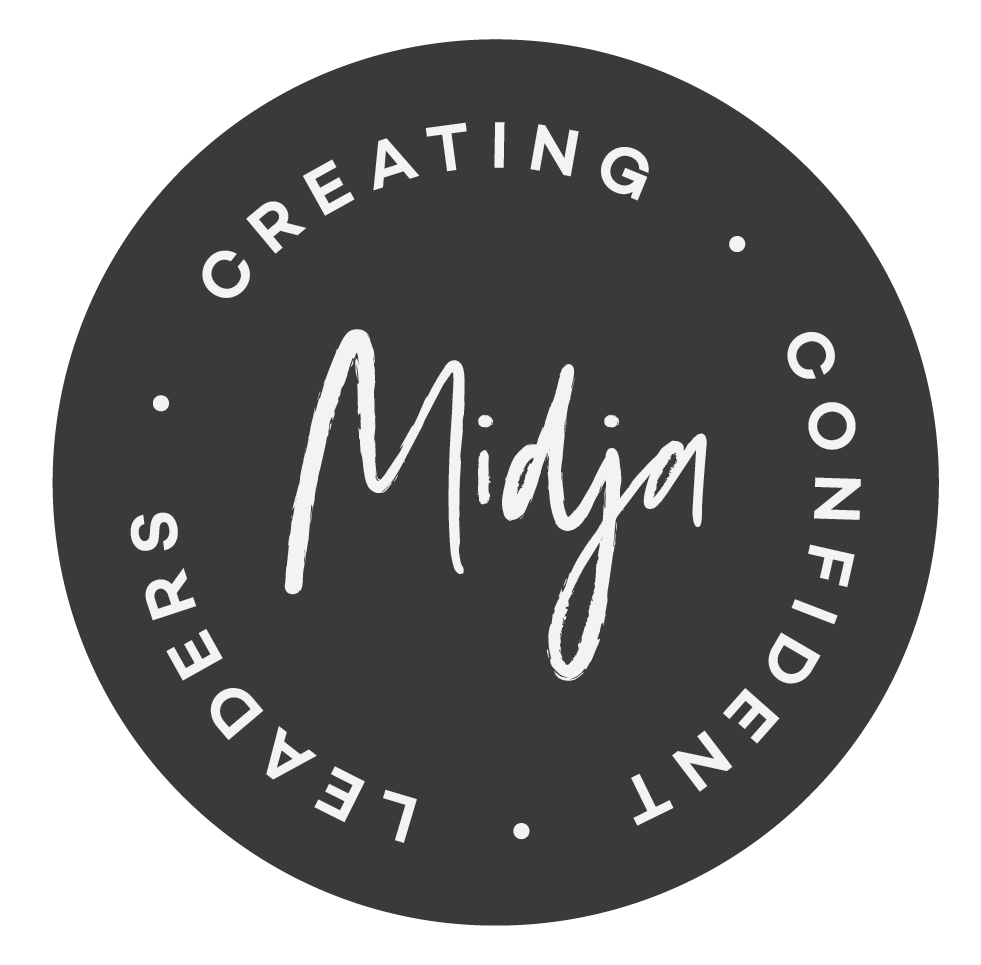3 Characteristics of an Ethical Leader
On the weekend I had the privilege of speaking at the Australian Lawyers Alliance Conference right here on the Gold Coast. My topic was building trust through ethical leadership and why ethical leadership is needed now more than ever before.
Let's take a look at the last 12 months in Australia. In March 2018 we had the Australian Cricket Team involved in the ball tampering scandal during the third test match against South Africa in Cape Town. Cameron Bancroft was caught by television cameras trying to rough up one side of the ball with sandpaper. We found out that Captain Steve Smith and Vice-Captain David Warner were also involved, and all three received sanctions from Cricket Australia.
Also in 2018 we saw the Banking Royal Commission. Now I think we all knew that banks weren't perfect, but most of us were shocked at the scale of bad behaviour across the financial industry. It has become apparent that the financial sector has been ripping off all kinds of people, even the dead, all in the name of profit and fattening their bottom lines. Banking employees were encouraged and rewarded for questionable behaviour in the name of sales. It was a culture of profit before people.
Then in late 2018 the hearings began in the Aged Care Royal Commission. There are widespread allegations of elder abuse and neglect right across this industry. Once again a culture of profit first and then care.
These events have left Australians asking one big question – WHO CAN WE TRUST?
We’re living in a world of rapid social, technological and economic change. In response, our business models and structures are also shifting. More business is being done online with very little ‘belly to belly’ interaction between professionals and their people and their clients.
Does this make unethical decisions easier to make?
Are we hiding behind our screens and making choices that we wouldn’t make if we had to look our people and our clients in the eye?
As our world changes, I believe that we have a greater responsibility as leaders to establish ethical standards and to maintain those standards at all times. People want to feel safe and connected. It is our job as leaders to provide them with this sense of safety, connect them with a purpose and build a community that they can be proud to belong to. The perfect foundation in which to make this happen is TRUST.
Ethical leadership and trust are reciprocal and mutually reinforcing. If you have high trust in your organisation, then it is likely that ethical choices will be made. Similarly, if there are high ethical standards, then that in turn develops high trust. They keep building upon one another.
Ethics is knowing the difference between what you have a right to do and what is right to do. It is the decisions you make when no one is watching.
Ethical, trustworthy leaders:
demonstrate behavioural integrity
consider the impact of their words and their actions
ensure that everything they do is consistent with their character and their personal values.
During the session on Saturday, I was asked ‘What to do if you believe someone is making an unethical decision in your organisation? Maybe even in your leadership team.’ My answer? You have to call it out. There may be other leaders sitting around the table that feel just as uncomfortable about the decision being made.
Now of course it takes courage, conviction and confidence to call out someone else’s behaviour. It can be easier to sit back and just let decisions be made that in your gut you don't agree with, that you know are wrong, and simply turn a blind eye to unethical behaviour in your organisation. But what’s the impact? Well, we've seen the devasting result of this in the events in the last 12 months. By everyone allowing the behaviour, a new kind of ‘normal’ is created – a new set of unwritten ground rules that everyone plays by - in an organisation or in a whole industry. It breeds a culture of deception, dishonesty and unethical behaviour in the name of winning and gaining profit.
As a leader, people will judge you on your actions, and they will assess your character. Their judgement will impact their decision on whether to trust you or not. Without trust as a leader, you have very little influence. You might gain compliance but never commitment. Now more than ever before, it’s time for all of us as leaders, to do the right thing and demand the same from our colleagues.
Here are some questions to ask yourself as an ethical leader:
Even if you can do it, should you?
If what you're about to do became public, a video on YouTube or an article on the front page of the newspaper, would you be proud of it? Would you share it?
Would what you're about to do cause your colleagues, your clients and your stakeholders to increase their trust in you as a leader?
“We shall have to create leaders who embody virtues we can respect, who have moral and ethical principles we can applaud with enthusiasm.”
- Martin Luther King, Jr.
It’s time for you as a leader to be applauded with enthusiasm!
Champagne and Sunshine,
Midja x
